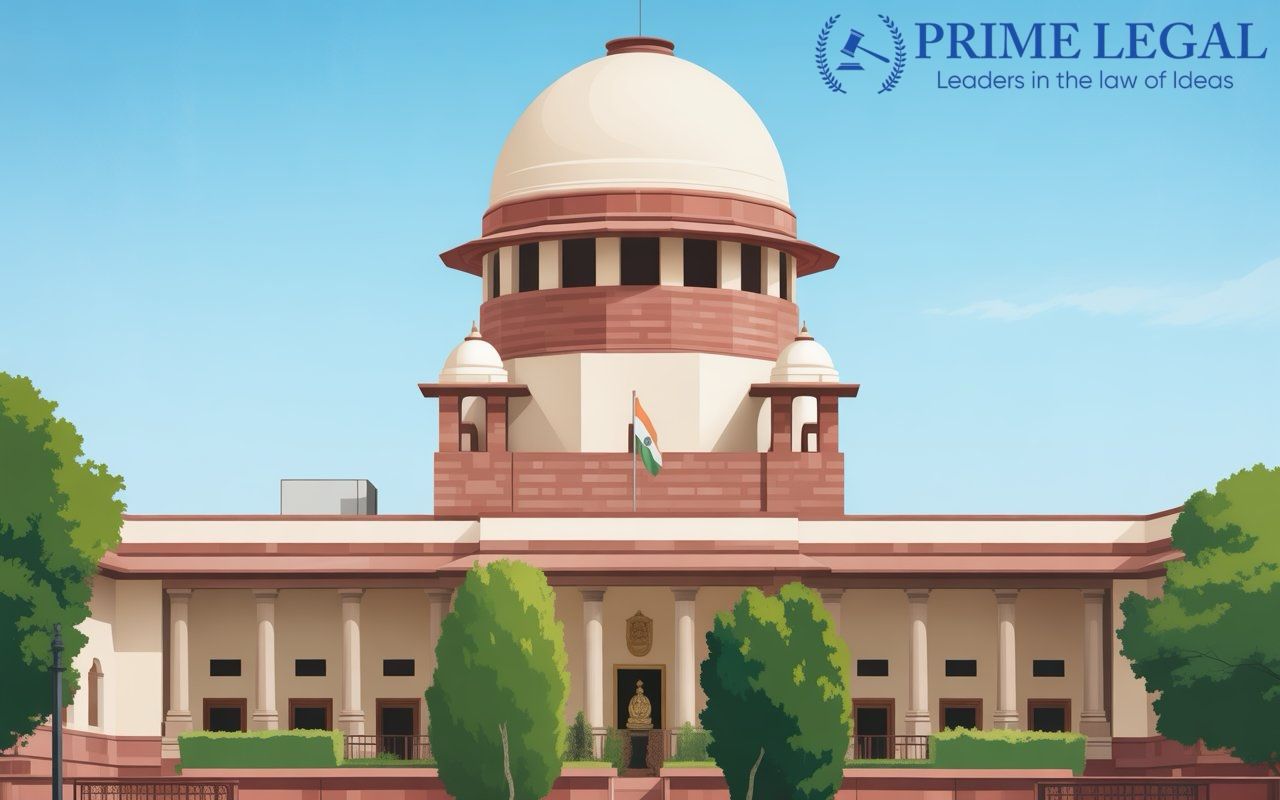Introduction
The Supreme Court of India has taken a historical move to exercise constitutional powers in ruling the legal validity of all state laws over religious conversion. By taking in all the petitions related to the matter in different High Courts, the Apex Court has prepared the way to a harmonious and definitive decision on such a highly disputed matter that ought to have profound effects on the main rights of the population, on individual freedom, and on the secularity of the state. This action unites the legal issues across several states and will seek to establish a conclusive understanding of the constitutional boundaries on the lawmaking authority of the Congressional action on religious freedom.
Background
Religious conversion has been a thorn in the flesh in India. Although Article 25 of the Indian Constitution guarantees the freedom of conscience as well as the right to freely profess, practice and spread religion, most states have adopted laws to curb what they call unlawful or forcible conversions. These are commonly referred to as anti-conversion laws, or the Freedom of Religion Acts and are usually criminalizing conversions via misrepresentation, force, undue influence, coercion, allurement, or fraudulent practices.
The severity of such laws has been on the rise in the recent years, such states as Uttar Pradesh, Madhya Pradesh, and Himachal Pradesh having either created or changed their own acts to specify more severe punishments, such as the lengthy jail sentence and penalties. One major debate has been that interfaith marriages are included in the scope of these laws, which have been blamed of contradicting the personal freedom of people with a so-called chilling effect. Additionally, a number of these laws put the burden of proving on the accused and give third parties the right to make complaints against the accused resulting in allegations of harassment and abuse.
Key Points
The importance of the decision by the Supreme Court to unify these cases lies in a number of key legal and constitutional issues:
Consistency in Law: As High Courts gave different interim decisions and interpretations on the same matter, it was urgently required that one and only decision be given by the supreme court. This will guarantee uniformity and avoid disjointed legal environment in the nation.
Constitutional Validity: The main question that the court has to answer is whether these state laws are in violation of the basic rights under the Constitution, especially the item 21(Right to Life and Personal Liberty) and the item 25(Freedom of Religion). According to the petitioners, the laws are too general and, in many cases, vague and the punishment aspect of the law is an unnecessary interference with an individual right to practice their religion and right to choose a partner.
Burden of Proof: A large area of contention here is the reversal of burden of proof whereby the accused has to demonstrate that the conversion was not fraudulent or coerced. Some see this as a breach of the principle of innocent on trial, which is one of the pillars of criminal jurisprudence. Third-Party Complaints: The fact that the provision permits complaints to be filed by third parties is a key issue among the petitioners that claim that the provision allows motivated individuals and groups to harass interfaith couples or even persons belonging to minorities.
Recent Developments
In one of the recent hearings, a bench that included the Chief Justice and another Justice heard a list of petitions with the most noticeable one being represented by an NGO, Citizens for Justice and Peace (CJP). The petitioners pointed out that the issue is urgent, referring to the fact that the laws have been tightened recently. As an example, an amendment made to the law of Uttar Pradesh in 2024 raised the minimum sentence of an unlawful religious conversion through marriage to 20 years, potentially serving a life sentence.
The court has also requested the involved state governments to submit their responses to the requests of a stay on these laws within four weeks. This is a very important step and this will give the states a platform to justify the constitutional foundation of their laws. The court said that it will reconsider the stay of the implementation of the laws after half a year when all parties would have an opportunity to submit their arguments.
The senior advocates representing the petitioners reiterated the need to have a unanimous opinion, and that the laws were being utilized by the states as a building block to come up with increasingly more virulent legislation. The fact that the court decided to transfer and resemble such cases in many high courts such as in Gujarat and Madhya Pradesh where interim stays had been granted on some provisions is a decisive step towards getting hold of the legal discourse.
Conclusions
The assumption of constitutional jurisdiction over this issue by the Supreme Court is a landmark to the Indian jurisprudence. It means that the court will establish a legal framework that is definite and nationally binding on an issue that has been a source of serious social tensions as it has split the opinion of the society. The hearings will be keenly awaited because the ruling will not only define how the future of religious conversion legislations will be, but also offer an important understanding of the extent of the freedom of religion and a right to individual freedom in the contemporary society that is pluralistic in nature. The ultimate decision by the court is likely to cause a long-term effect on the civil liberties and fine line between the state power and personal rights in India.
“PRIME LEGAL is a full-service law firm that has won a National Award and has more than 20 years of experience in an array of sectors and practice areas. Prime legal falls into the category of best law firm, best lawyer, best family lawyer, best divorce lawyer, best divorce law firm, best criminal lawyer, best criminal law firm, best consumer lawyer, best civil lawyer.”
WRITTEN BY Manisha Kunwar


